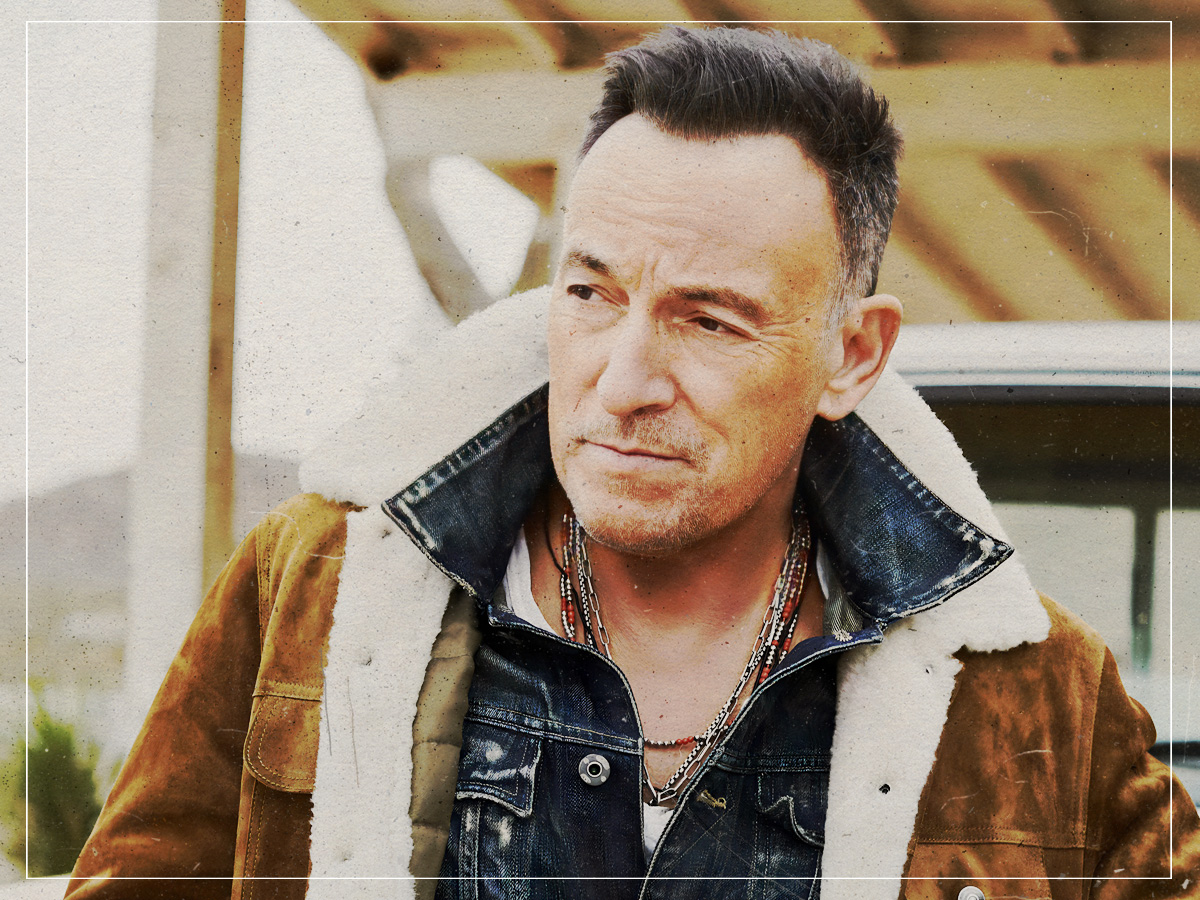
(Credits: Far Out / Danny Clinch / Bruce Springsteen)
Bruce Springsteen has all the great values of America flowing through his veins. No matter how many times people in power might critique him for being preachy or try to go against him because he happens to have different political views than he does, there is no other musician who’s prouder to be from the land of the free than ‘The Boss’. And after decades in the public eye, Springsteen has picked up a greater picture of what his country stands for thanks to the music that he makes.
Then again, Springsteen was always known to be critical of his country when he had the chance. The number-one rule of anyone who comes to America is being able to speak their mind without any fear of repercussions, and listening back to a song like ‘Born in the USA’, Springsteen is willing to call out his government for not helping Vietnam Veterans when they came home, with their souls still lost somewhere in those wartorn jungles.
For Springsteen, songwriting is as much about reporting as it is about personal experience. There are occasional albums in his catalogue that are confessional like Tunnel of Love, but listening to records like Nebraska or Darkness on the Edge of Town, every character that occupies one of his songs is either going through everyday struggles that anyone can relate to or trying to figure out if there’s a place for them in the world outside of their nowhere towns.
Even in the face of grim tragedies like 9/11, The Rising was the perfect way for Springsteen to do his part in helping heal himself and the people around him. No one knows what to do in the face of something that horrific, but rather than react in a violent manner, ‘The Boss’ was always looking at the human factor behind everything, writing from the perspective of those who lost people in the attacks and trying his best to unify the country rather than finding a common enemy.
“I was hearing the first true picture of how I felt and how my country felt. And that was exhilarating.”
Bruce Springsteen
But that kind of political voice didn’t happen by accident, either. Springsteen had spent years playing rock and roll right off the New Jersey turnpike, but as soon as he heard Bob Dylan, he knew he wasn’t listening to any other songwriter. This was someone who had an authentic voice, and he would use whatever platform he had to fight for what he believed in with an acoustic guitar across his chest.
Of all of Dylan’s records, Springsteen always held Highway 61 Revisited as the real version of America, saying, “I used to say when I heard Highway 61, I was hearing the first true picture of how I felt and how my country felt. And that was exhilarating. I think what Dylan did was he took all that dark stuff that was rumbling underneath, and pushed it to the surface with irony and humour, but also tremendous courage to go places where people hadn’t gone previously.”
While there are a handful of moments that are tongue-in-cheek and funny in Dylan’s catalogue, ‘Like A Rolling Stone’ was when everyone realised he wasn’t messing around. From the first chorus onward, Dylan was ready to rebel against the community that raised him and embrace rock and roll, and despite many people leaving him behind, he knew the next best thing was to raise his voice as loud as he could.
It may have been a betrayal of everything he had been taught, but what Dylan did on that record kicked open the door so people like Springsteen could walk through. America was already given a shot of life thanks to The Beatles in 1964, but one decade later, Springsteen was painting the picture of the romantic side of his country that people forget about far too often.
Related Topics
Subscribe To The Far Out Newsletter
